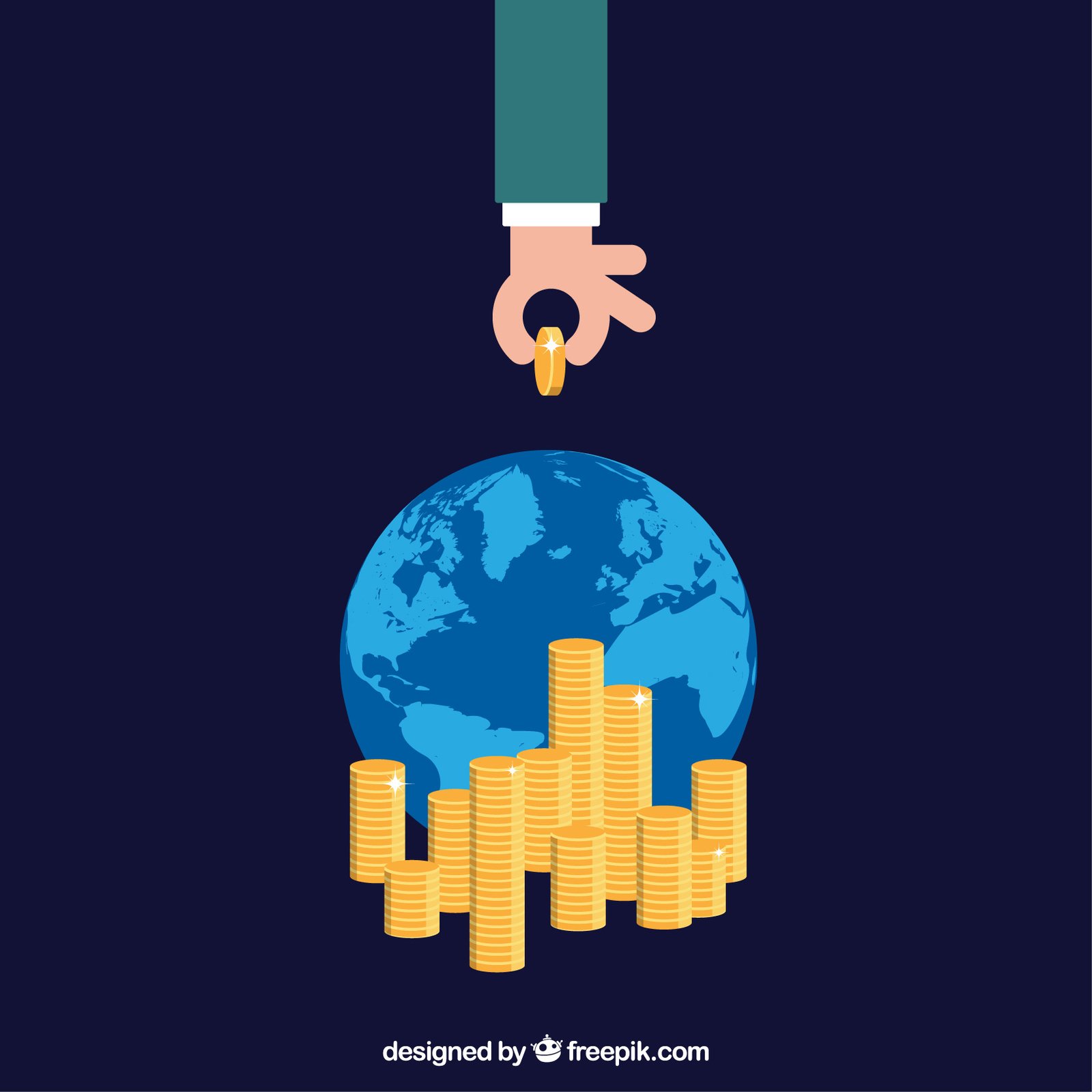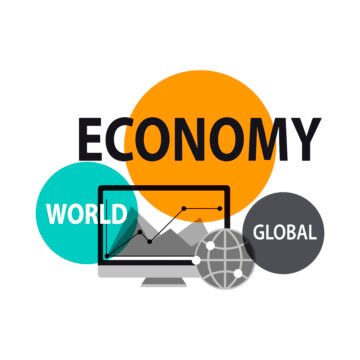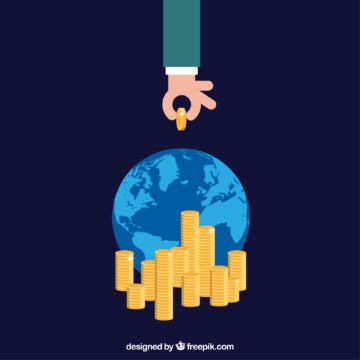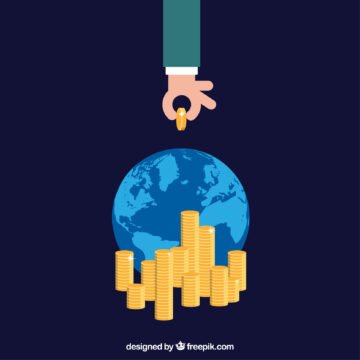
Introduction
The first two decades of the 21st century have witnessed a dynamic and transformative economic landscape, shaped by unprecedented events and evolving global dynamics. This article aims to explore key economic issues that have defined the period from 2000 to 2023, shedding light on the challenges and opportunities that have shaped the world economy.
- Globalization and Interconnected Markets
One of the defining features of the early 21st century has been the acceleration of globalization. The rapid integration of markets and the free flow of goods, services, and capital across borders have ushered in an era of increased economic interdependence. While globalization has fostered economic growth, it has also exposed nations to vulnerabilities, as seen in the aftermath of the 2008 global financial crisis.
- The Rise of Emerging Economies
The 21st century has witnessed the ascendance of emerging economies, particularly in Asia. Nations like China and India have experienced unprecedented economic growth, reshaping the global economic hierarchy. The shift in economic power has not only altered trade dynamics but has also posed challenges to established economic norms and institutions.
- Technological Revolution and Automation
The period from 2000 to 2023 has been marked by a technological revolution that has transformed industries and reshaped the nature of work. Automation and artificial intelligence have become integral components of modern economies, enhancing efficiency but also raising concerns about job displacement and the need for reskilling the workforce.
- Financial Crises and Resilience
The world has weathered several financial crises in the past two decades, each with its unique origins and impacts. From the dot-com bubble burst in the early 2000s to the global financial crisis of 2008, these events have underscored the importance of financial stability, regulatory frameworks, and global cooperation in preventing and mitigating economic downturns.
- Environmental Sustainability and Green Economics
As the world grapples with the consequences of climate change, environmental sustainability has emerged as a critical economic concern. The shift towards green economics, renewable energy, and sustainable practices reflects a growing recognition of the economic risks posed by environmental degradation and the need for responsible, long-term economic planning.
- Global Supply Chain Disruptions
The COVID-19 pandemic of 2019-2020 exposed vulnerabilities in global supply chains, disrupting industries and highlighting the need for resilient and adaptable economic systems. The crisis prompted a reevaluation of supply chain strategies, emphasizing the importance of diversification and risk management.
- Income Inequality and Social Justice
The issue of income inequality has gained prominence in economic discourse during the past two decades. Disparities in wealth distribution have raised concerns about social cohesion and economic justice, prompting calls for policies that address the root causes of inequality and promote inclusive economic growth.
Conclusion
The economic landscape from 2000 to 2023 has been characterized by a complex interplay of globalization, technological advancements, financial challenges, and societal shifts. Navigating this terrain requires adaptability, resilience, and a commitment to addressing the evolving needs of a globalized world. As we move forward, the lessons learned from the past two decades will undoubtedly shape the economic policies and strategies that guide us into the future.



